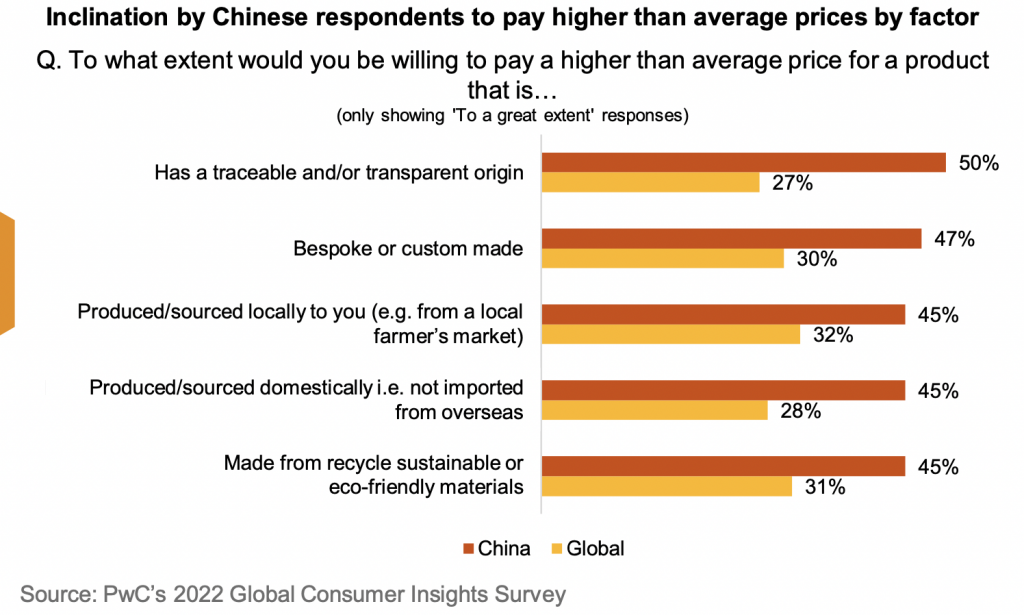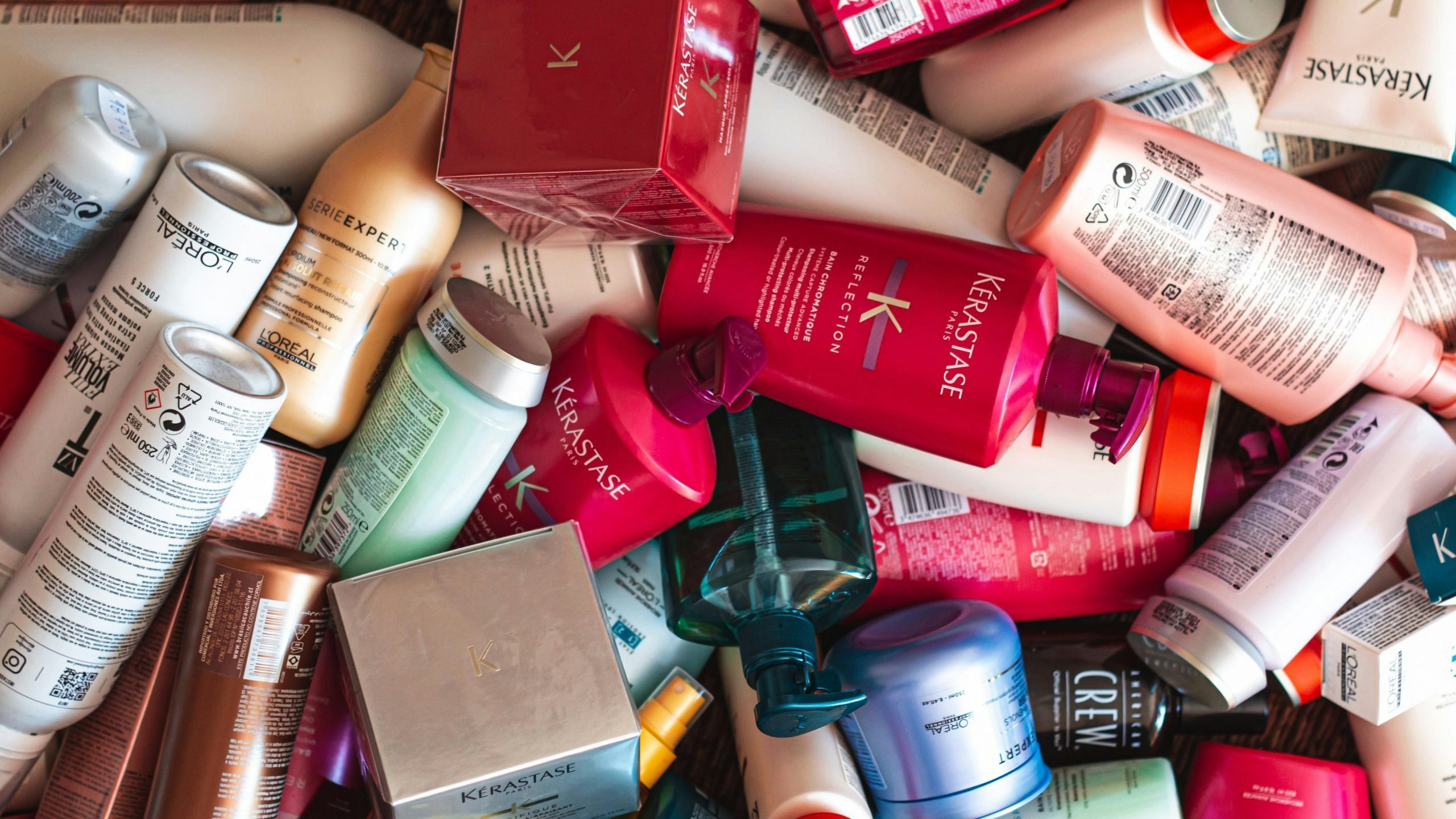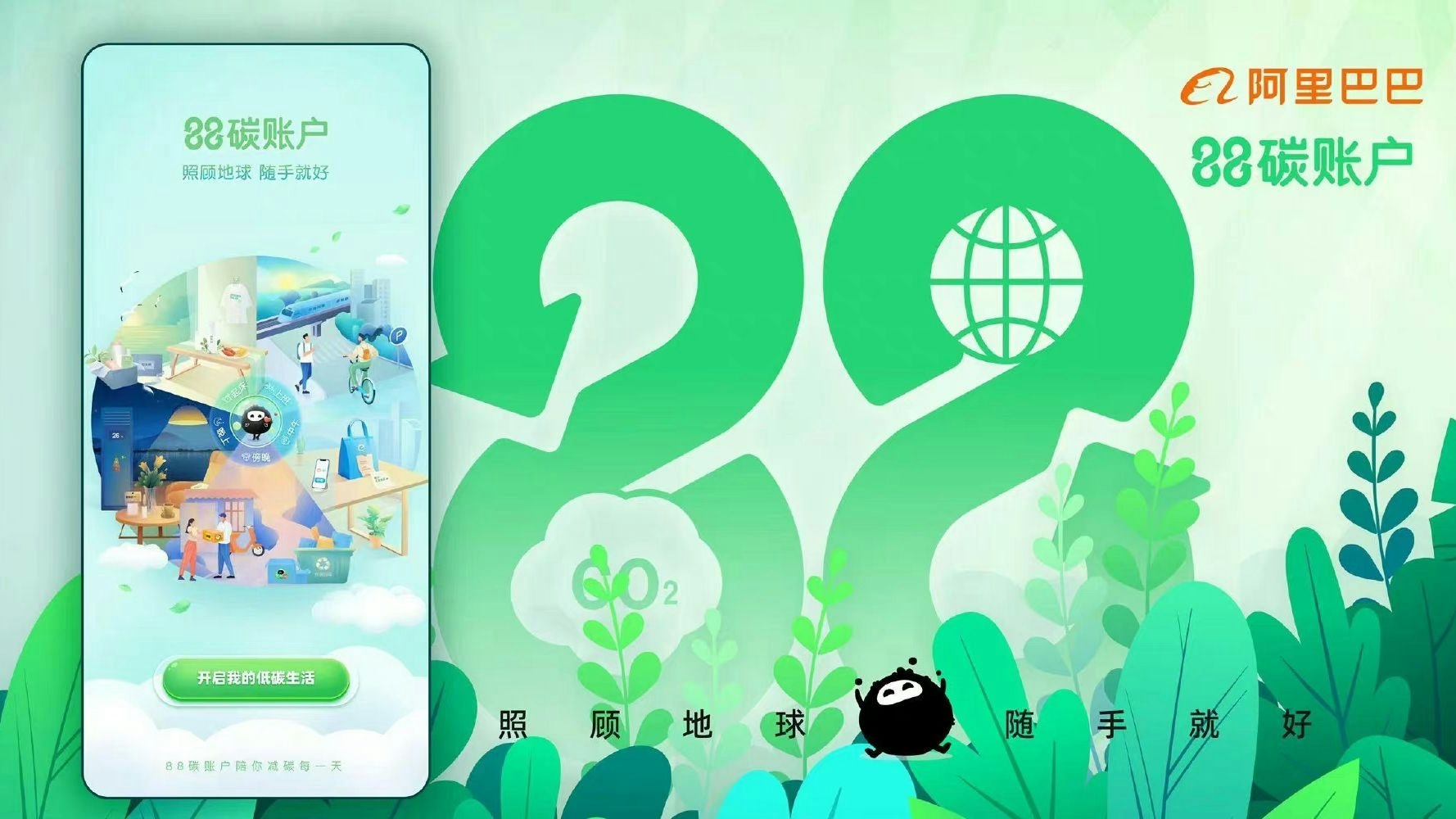What happened
The world’s largest cosmetics company is teaming up with Alibaba Group in a bid to make China’s beauty industry greener. On April 6, L’Oréal signed a three-year deal with the Chinese ecommerce giant to establish low-carbon standards, develop new products, and create measurable circular economy solutions, according to Alibaba’s news site Alizila.
Additionally, the two industry leaders will work together to clean up the beauty sector’s supply chain — which covers warehousing, packaging, distribution and recycling — and to increase consumer education on sustainable lifestyles. The agreement comes after L’Oréal signed a deal with Alibaba in 2018 to use environmentally friendly packaging for all its products sold in China.
The Jing Take
Both L’Oréal and Alibaba have taken steps over the years to reduce their carbon footprint. In 2019, L’Oréal achieved carbon-neutrality across its operation sites in China and has since launched a number of localized campaigns to raise awareness around sustainable consumption. Meanwhile, Alibaba has pledged to go carbon neutral by 2030 and facilitate 1.5 gigatons of decarbonization by 2035, supported by initiatives like its carbon ledger whereby consumers can earn points for making low-carbon choices.
While these steps are commendable, it’ll take a lot more to address beauty’s glaring sustainability problem. The global beauty industry produces an estimated 120 billion units of packaging annually — most of which is not recyclable — and this packaging accounts for 70 percent of the industry’s waste. This has a ripple effect on our oceans, forests, and even our bodies as microplastics end up in the food we consume.
But tackling the issue is not just a matter of ethics; it’s also a promising business opportunity. As awareness around climate change grows, so too does the demand for green products. According to a 2022 PWC survey, 50 percent of Chinese respondents said they are willing to pay a higher than average price for a product that has a traceable and transparent origin, while 45 percent are willing to do so for products made from recycled or eco-friendly materials.

“In general, the willingness of Chinese consumers to pay more for ESG-friendly products is driven by the search for ‘better-for-me’ products — whether they are produced from a better source or made from materials that contain less ‘harmful’ materials to human,” states the report.
Ultimately, zero waste measures can only be accomplished when a product is eliminated entirely, which is an unrealistic expectation as companies vie for China’s 88 billion beauty and personal care market. Perhaps making products more sustainably and strengthening public education around the concept, like what L’Oréal and Alibaba hope to do, is the next best step.
The Jing Take reports on a piece of the leading news and presents our editorial team’s analysis of the key implications for the luxury industry. In the recurring column, we analyze everything from product drops and mergers to heated debate sprouting on Chinese social media.


